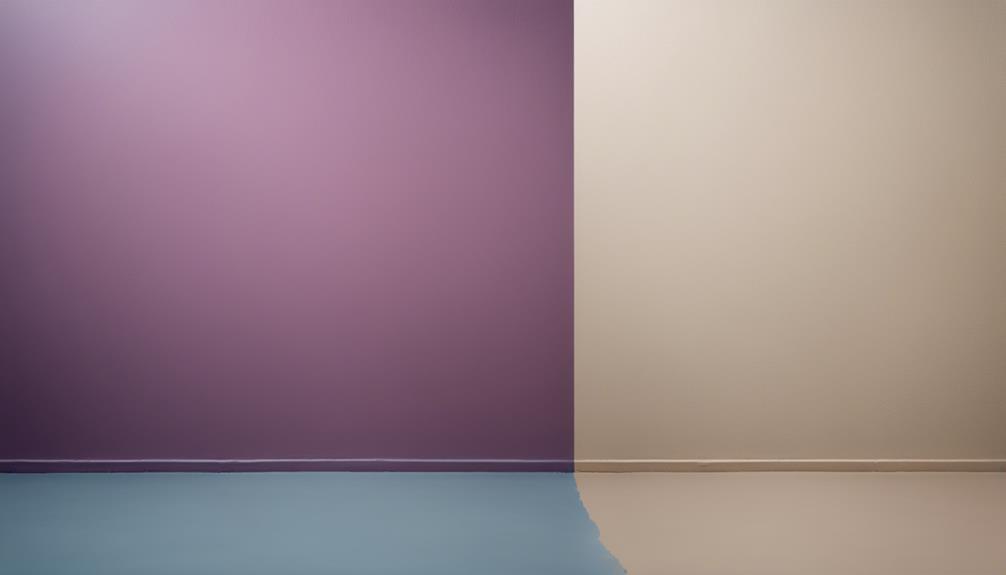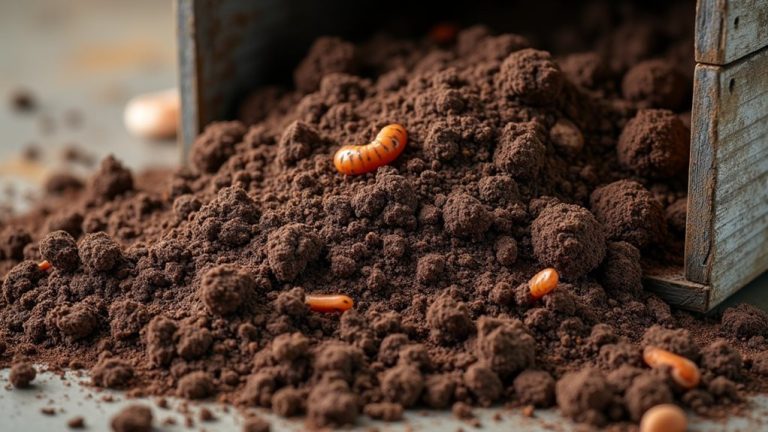Can You Leave Primer Unpainted
Using primer before painting is important. If you don't paint over the primer, your surface could be at risk. It might not last as long, especially in different weather. The surface may not look good either. To make sure your paint job is strong and lasts, it's best to paint over the primer. This way, you protect the surface and make it look nice. Follow these tips for using primer to have a successful painting project.
TLDR
- If you leave primer unpainted, it can get damaged by the weather and won't last as long.
- Primer alone isn't enough to protect surfaces; you need to paint over it for durability.
- Unpainted primer may wear out faster, especially in different weather conditions.
- Painting over primer is essential for a smooth, finished look and to make sure it works effectively.
- It's best to add a coat of paint over primer quickly, especially on cedar siding, to prevent damage.
Primer's Purpose in Painting Process
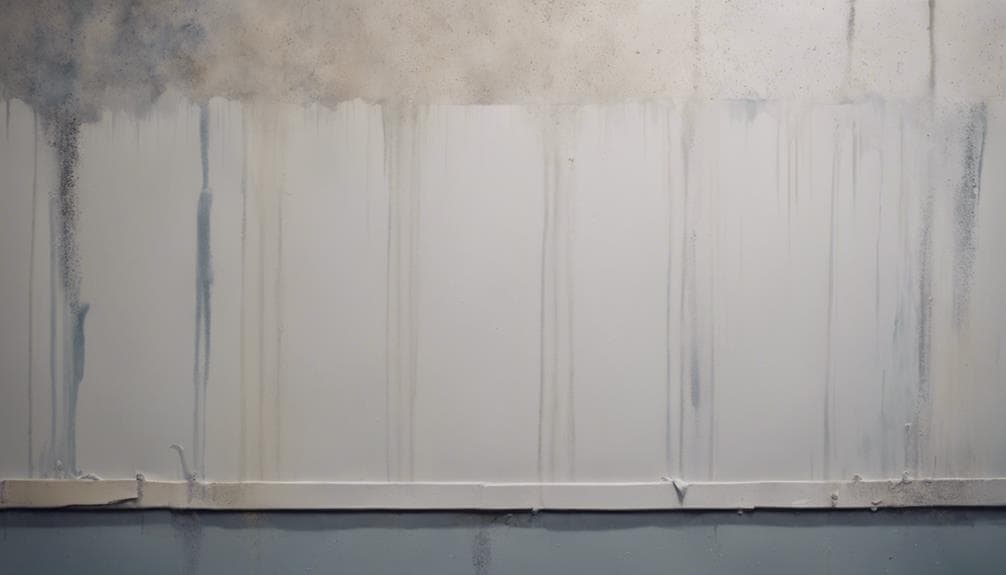
When you put on primer, its main job is to make sure the paint sticks well to the surface and lasts a long time. The primer acts as a protective layer that seals and shields the surface, making the paint job stronger and more durable. It creates a good base for the paint to stick to, keeping it from getting damaged. If you don't paint over the primer, the surface can get damaged easily. To get the best results, always paint a topcoat over the primer to give it a nice finish, protect it, and make sure it lasts a long time. Knowing why primer is important can help you have a successful painting project.
Risks of Leaving Primer Unpainted
Not painting over primer can leave your wood surfaces vulnerable to damage from the weather. This can weaken the wood and make it easier for weather to harm it. Without paint on top of the primer, it might not stick well and could wear out faster, possibly needing you to apply more primer before adding a topcoat. Different weather conditions can also make the primer wear out quicker, meaning you might have to repaint sooner. If you skip painting over the primer, you're basically making your paint job not last as long, so it's important to put on a finishing coat for a strong, lasting finish.
Primer Vs Paint Durability
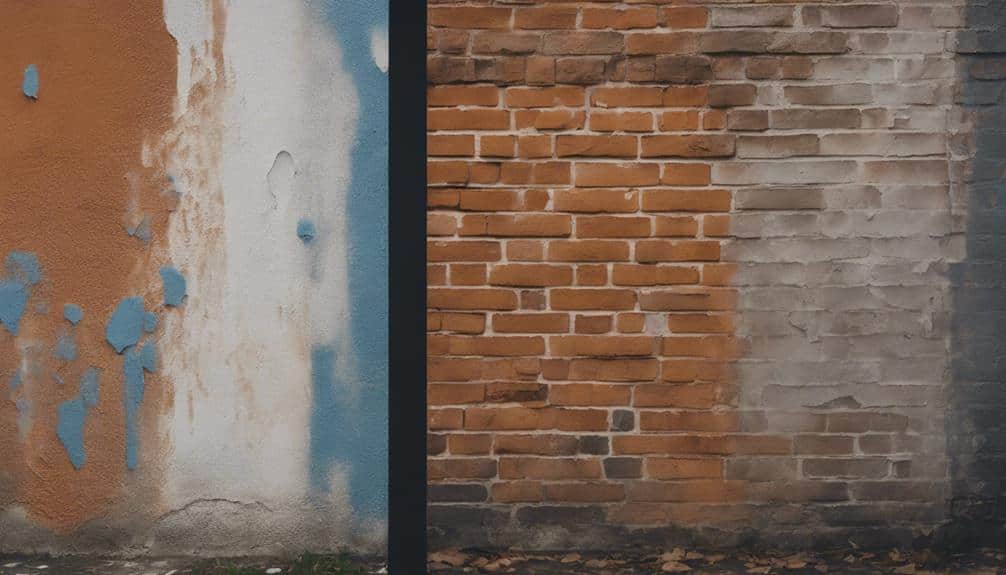
When it comes to comparing how long primer lasts compared to paint, paint is the winner in terms of staying power. While primer is great for helping paint stick better, leaving it without paint on top might mean having to reapply primer later on. For outdoor surfaces especially, adding a layer of paint on top of primer is essential to protect against weather damage. Without paint, the primer's durability is at risk, making it more likely to get damaged. On the other hand, a coat of paint acts as a strong shield against the weather, ensuring long-lasting protection. By adding that final coat of paint, you can be sure your surface is well-guarded, reducing the need for future touch-ups or re-priming.
Aesthetics of Unpainted Primer
Leaving primer unpainted can make a surface look incomplete and unattractive. It might appear uneven or patchy, which isn't visually pleasing. Unpainted primer takes away from the overall look of a painted surface, making it seem unfinished and not so nice. It's best to paint over the primer to give it a smooth and finished look. This way, you'll have a more attractive space. Remember, how things look is important for creating a welcoming vibe, and leaving primer unpainted can make a room look less appealing.
Best Practices for Primer Usage
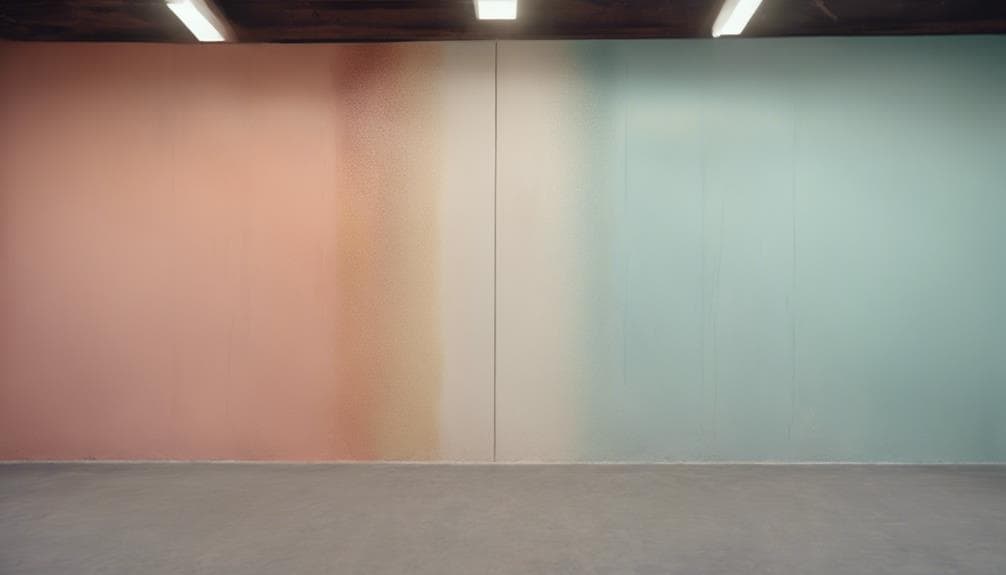
When you put on primer, remember to do it right to get the most out of it and avoid problems. Not painting over the primer can make it less effective and might mean you have to prime again before adding paint. To make the primer work well, paint over it with a top coat as soon as you can. This helps the primer stick well to the first layer of paint. If you're using cedar siding, prime and paint it quickly to prevent damage. Don't leave the primer unpainted outside for too long as it can break down fast. Following these tips will give you a strong and lasting paint job.
Conclusion
You've found out that not painting over primer can cause problems with how long it lasts and how it looks. Primer helps paint stick well, but it can't protect surfaces by itself. To make sure your paint job lasts, always paint over primer as directed by the manufacturer. This way, you'll get a strong, good-looking finish that meets your expectations. Just remember, primer is important, but it's just the first step in painting.

